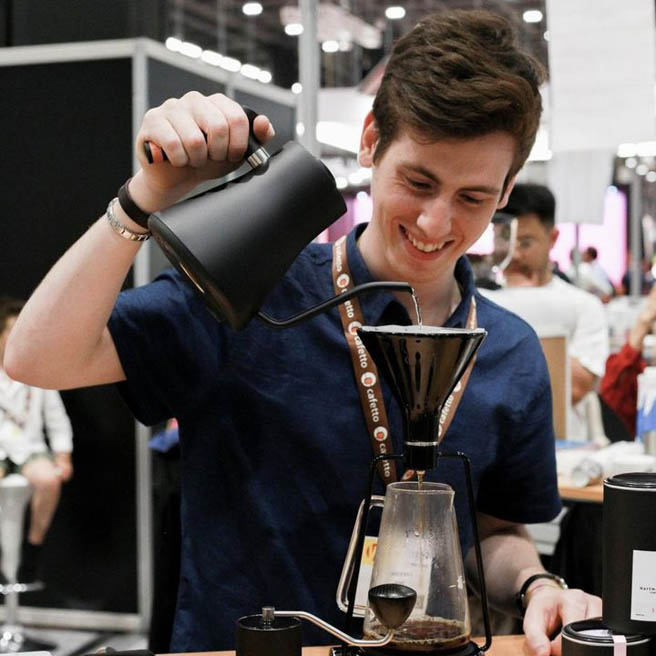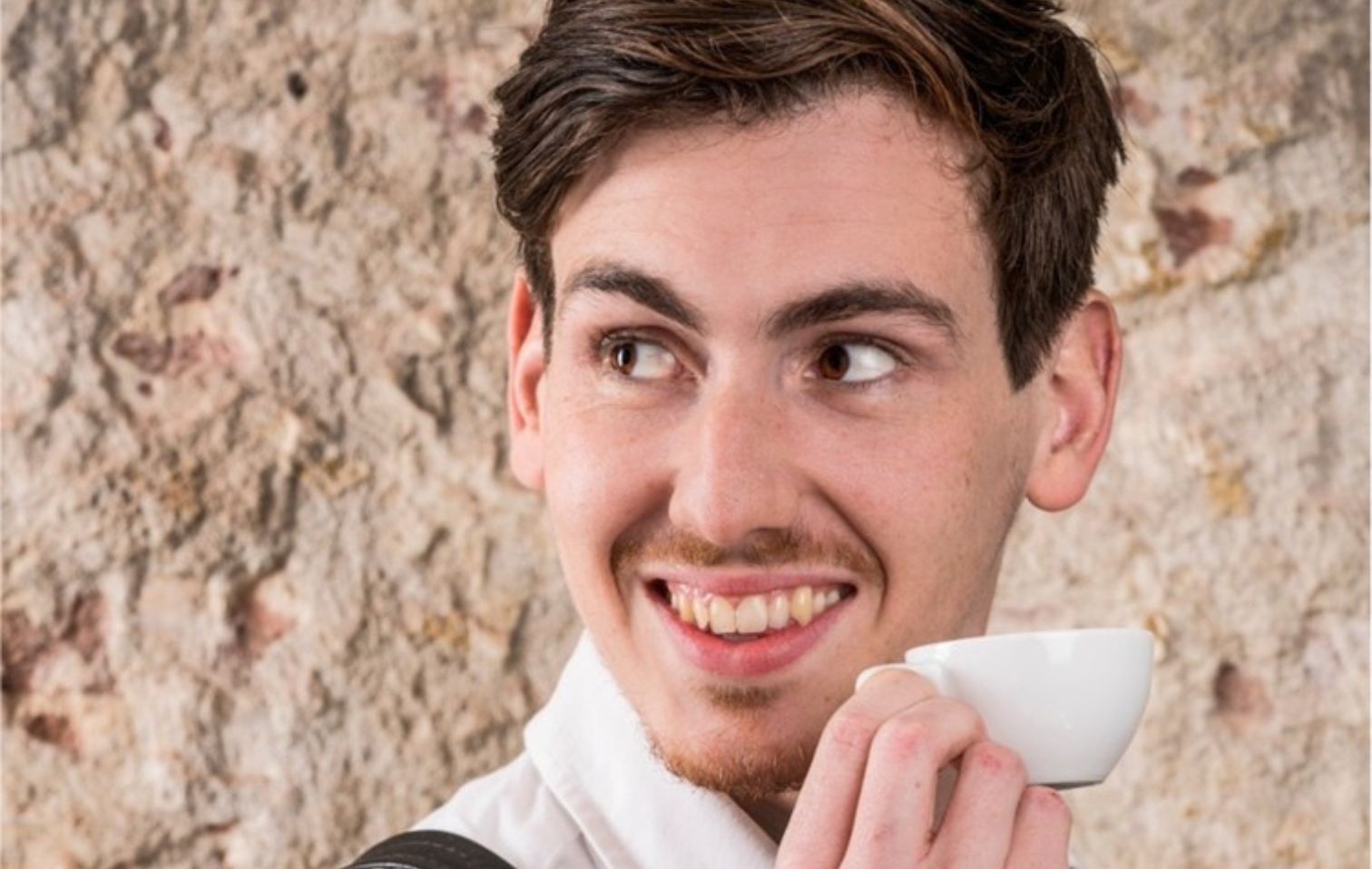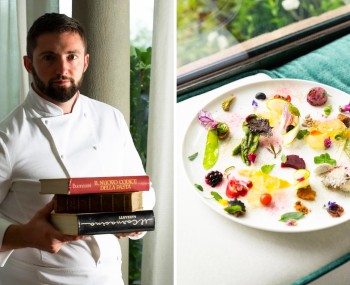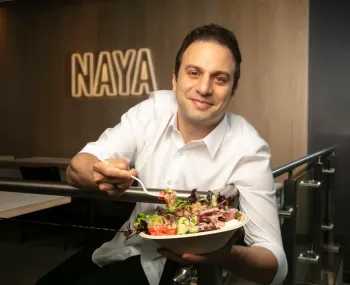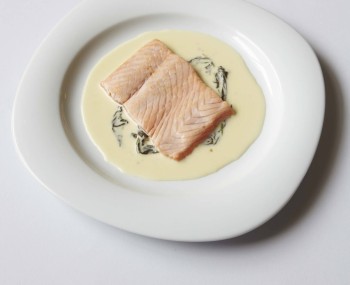The second-best barista in the world is Italian: his name is Daniele Ricci, he is 25 years old, and he comes from Brescia. "In every competition, I brought some innovation, from multi-sensory explorations to new types of cups. Many people still do not respect this profession, which, on the contrary, has given me the opportunity to travel and discover new things."
When we contacted him, Daniele Ricci was in Brazil. Not at Copacabana with a drink in hand, but among coffee plantations. The best Italian barista in 2020, this 25-year-old from Brescia was supposed to compete at the World Championships in Melbourne in May of the same year. But we all know how that went. The competition was canceled and then rescheduled for October 2021 in Milan, where he finished in eighth place. Not bad, but not good enough either. After training the Dutch champion for the 2022 Melbourne World Championships, he decided to get back on track: he won the Italian title again in 2023 and achieved an extraordinary silver at this year's Athens World Championships. A record for Italy, just one step away from victory.
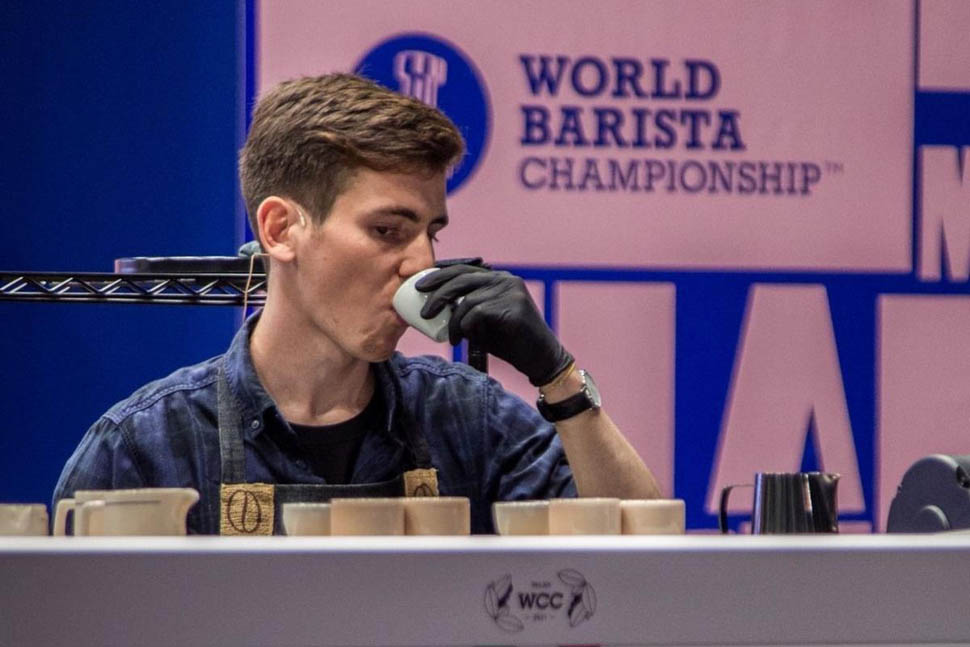
How did you get into the world of coffee?
I attended a hospitality school and have always been passionate about quality food, as well as beverages such as wine and beer. One day I heard about a coffee course organized by a local roastery that still provides training for students from Lombardian hospitality schools, and it was an enlightening moment. No one in my family had ever been involved in the coffee world, although my uncle works in the United States, importing Italian wine. Initially, I trained in this local roastery called Trismoka. Then, as my interest grew, I decided to take individual courses at the Bugan Coffee Lab in Bergamo, where I worked for two years.
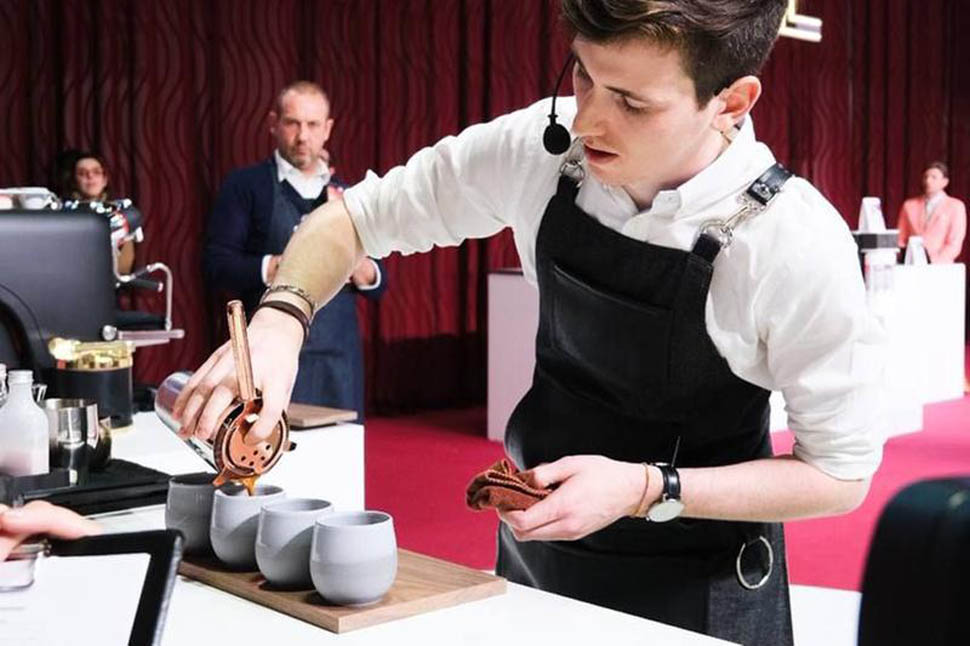
Where are you currently working?
I am in Zurich, where I moved in December 2020 from beautiful Amsterdam. I work at a specialty coffee roastery and I am responsible for the team, quality control, and training for baristas and coffee enthusiasts. I also provide consultancies in Italy and abroad and have several ongoing collaborations.
What is your specialty?
Over the years, competitions have led me to push my curiosity and studies further and further. I have tried to bring some innovation to each competition, starting with exploring the five senses during espresso tasting, with the help of headphones and specific materials to touch for better mouthfeel evaluation. I have also created new cups with the aim of enhancing the sensory experience. This happened this year at the World Barista Championship and in 2018 for the milk beverage competition.
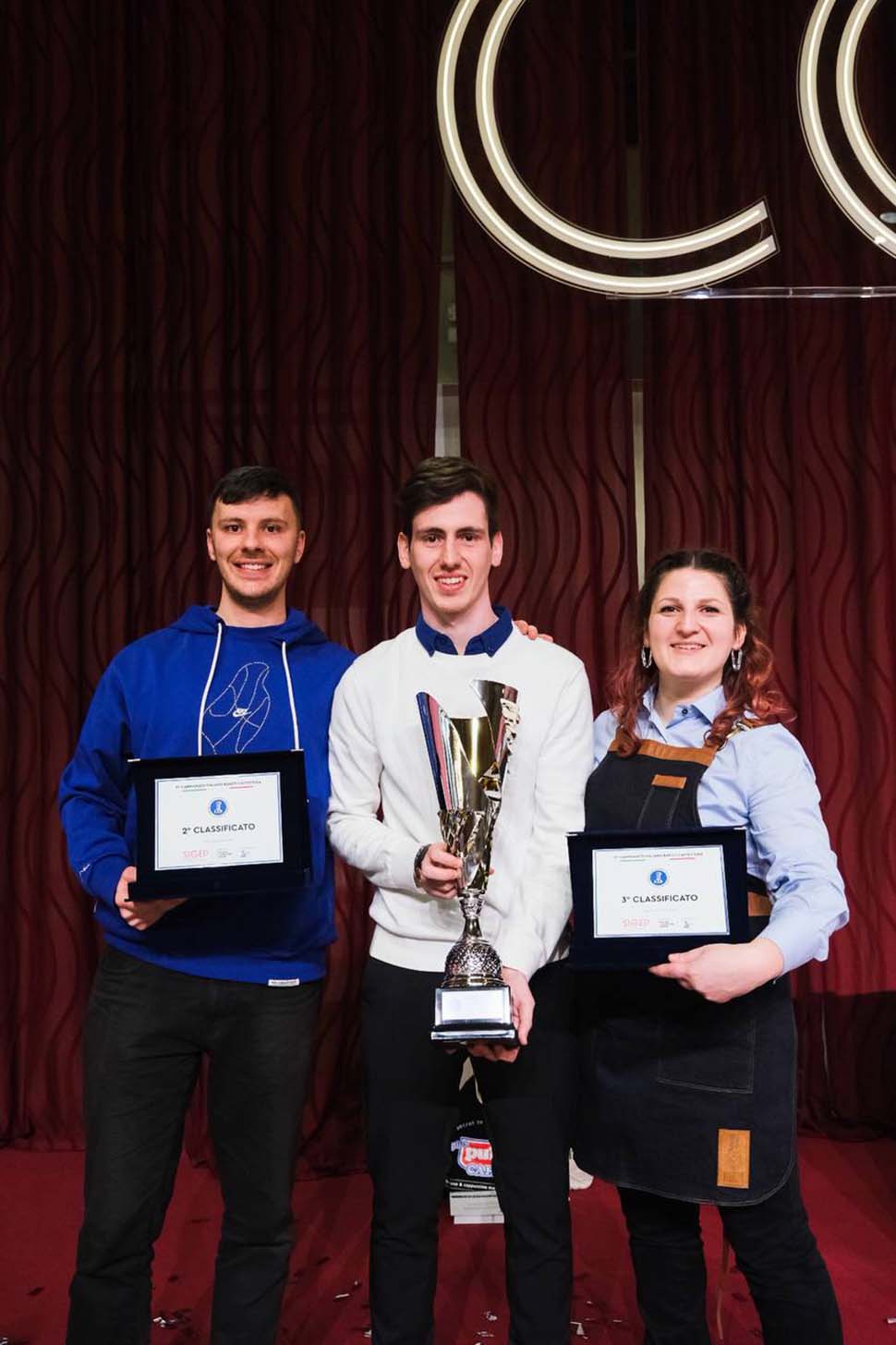
Today, many young people consider the barista profession as a hardship job. What is your opinion about it?
It is indeed a demanding job, especially because people often do not respect it and fail to understand what goes behind a simple cup of espresso (or filter coffee). I chose to pursue this path because it gives me the opportunity to travel a lot, constantly learn new things, and pushes me to keep up with the evolving industry. In the coffee sector, shifts can be from 8 to 17, both for some coffee shops and for office hours and quality control or roasting, so personally, I find it not difficult to balance with leisure time.
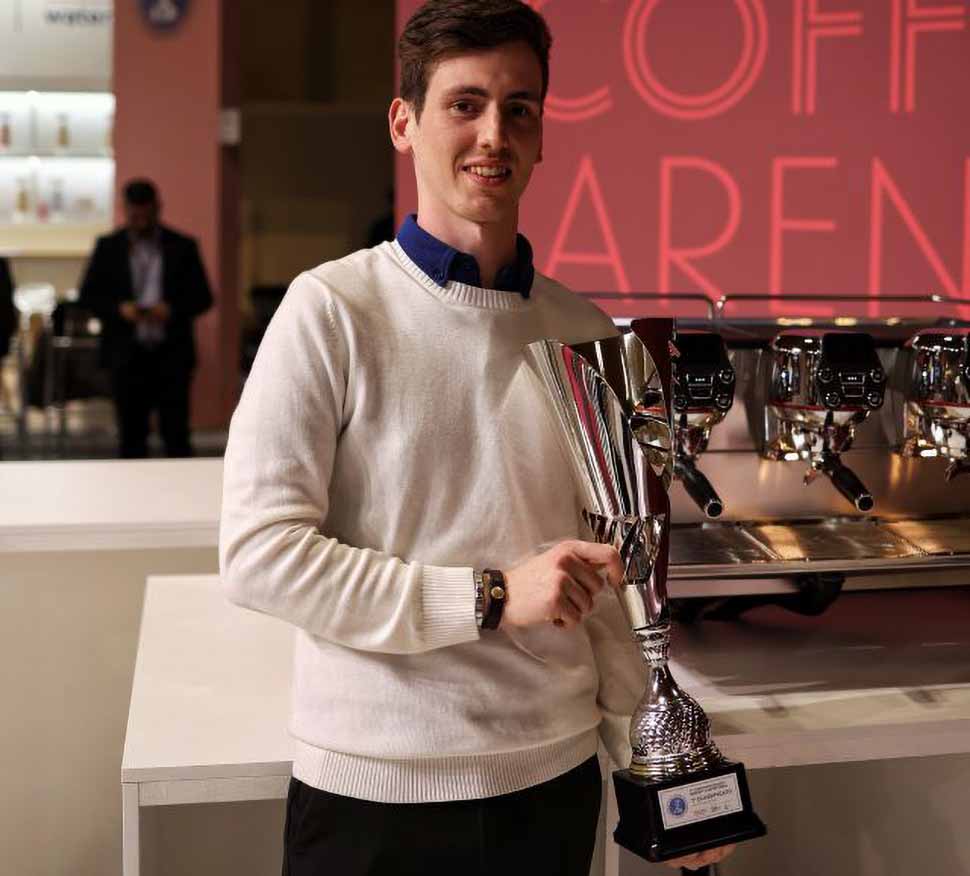
Future Plans?
After the World Championships, I have received many requests, and it really makes me happy because it pays off these years of effort and study when not everyone believed in me, using the excuse that I was too young. In the short term, there will undoubtedly be some travel and events, then I will continue to work with current collaborations and some new ones. I also want to help people who approach competitions because they discover a beautiful and endless world where they work hard on their limits.
What qualities should a barista have to succeed?
Humbleness, determination, and ambition. Talent alone is not enough without these three qualities: relationships with people are crucial in a niche sector like Specialty Coffee.
